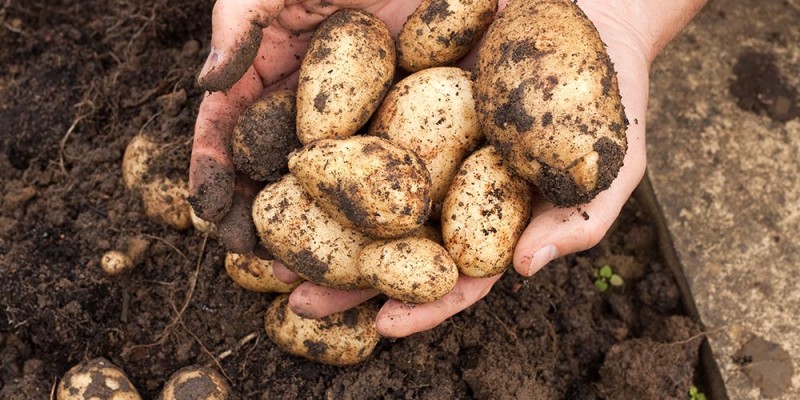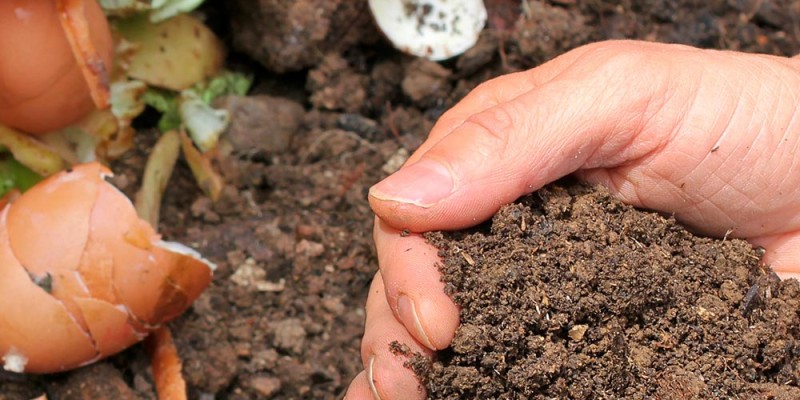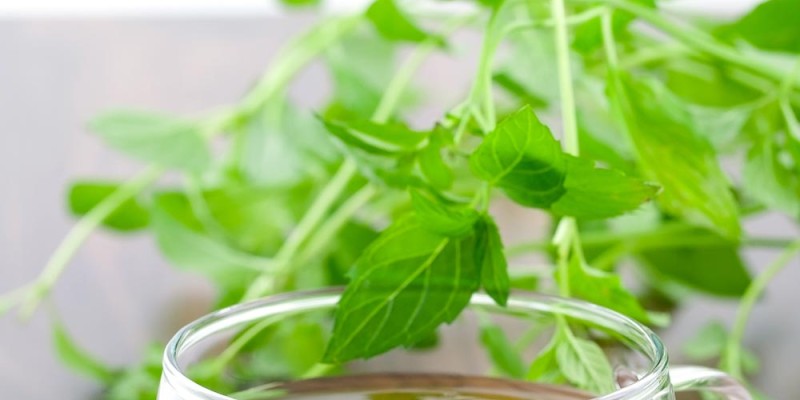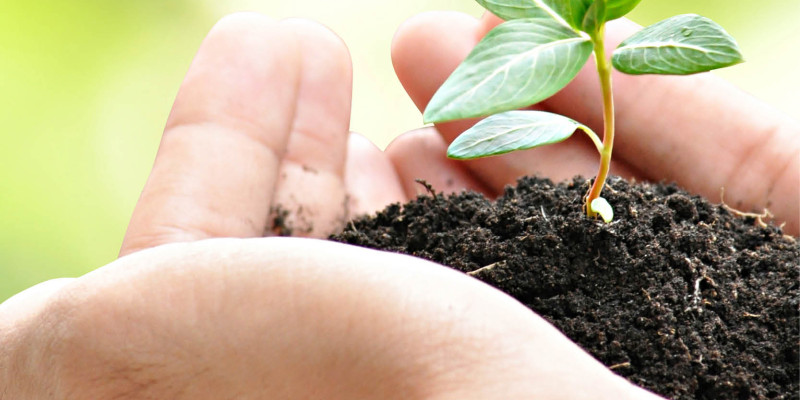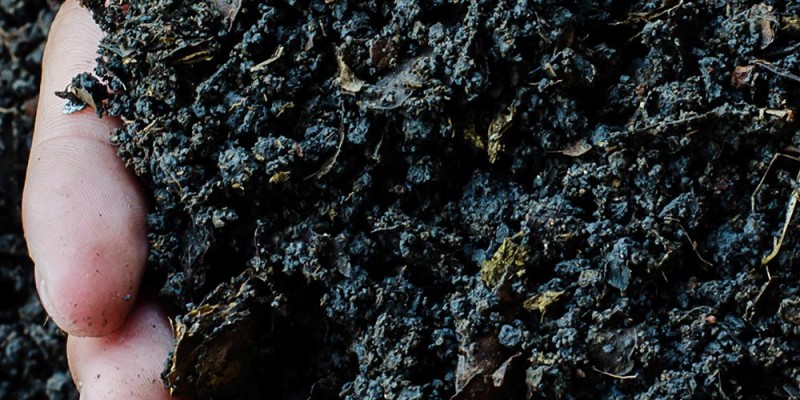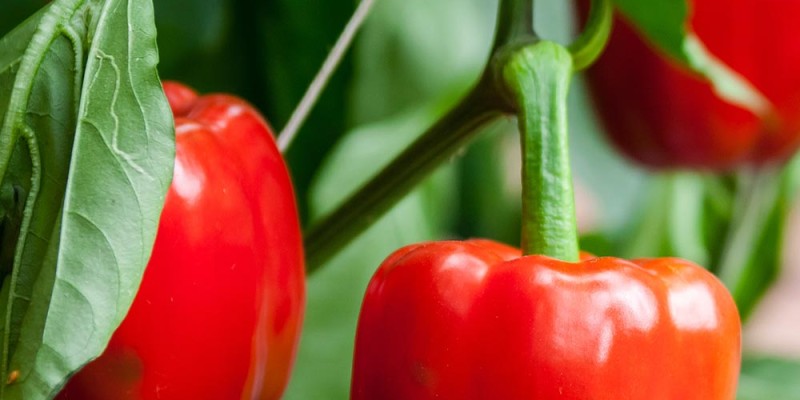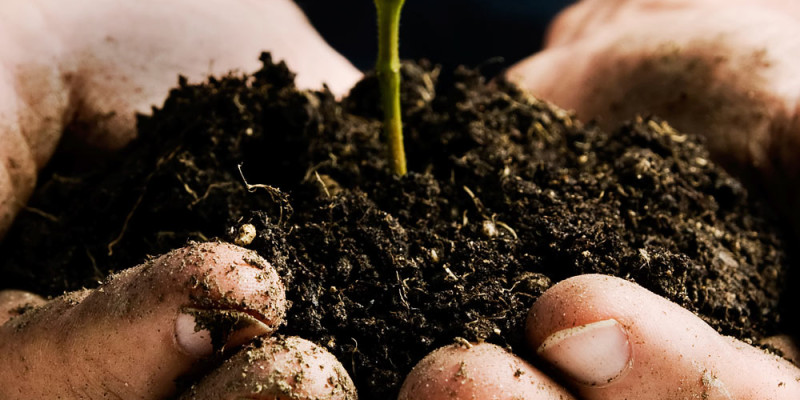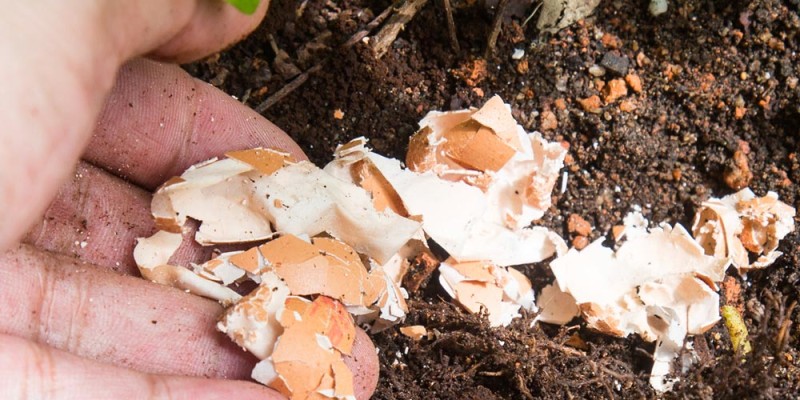Introduction
Two weeks ago I set up an experiment in the testing garden assumptions series to evaluate if both Actively Aerated Compost Tea and Compost Extractions lived up to their main claims. Primarily I looked at if they had potential as a fertilizer and then if the methods allowed you to increase the concentration of bacteria within it.
The two claims I took a look at are not the only ones made by advocates of compost tea. Today I will investigate the other claims made about compost teas before making a decision at the end of this video if I am going to continue or abandon the practice in my garden.
Introduce the claims
Without further delay let’s get into the top 8 claims made about compost tea.
What about commercial Compost Teas?
Right out the gate I am going to touch on commercial compost tea products.
Most commercial compost tea products are essentially soluble fertilizer masquerading as a compost tea. The positive results one might see after adding these products is due to the fertilizer and not the bacteria. These products may case a misconception that adding bacteria to your soil will result in visible improvements when it is more likely just the fertilizers.
So for now I am going to move on to home brewed compost tea.
As I mentioned in the last video there are two main definitions as defined by the book Teaming with Microbes. Actively Aerated Compost Tea and Compost Extractions.
Why culture bacteria using a compost tea method?
The first claim I would like to look at is why you would want to culture bacteria using the Actively Aerated Compost Tea method.
Our experiment did not show the method increased bacterial concentrations as both the rain water and compost already had so many. I postulated in the last episode that by adding compost and rain water to your garden you may already be adding enough bacteria. If you felt for some reason you lacked bacteria could you use this method to supplement them in the soil?
Molasses serves the same purpose as Agar, which is derived from kelp, and makes up the growth medium in petri dishes [2]. Agar is used in labs to culture bacteria. They provide the nutrients required and can be quite selective for a specific type of bacteria or a wide range.
In an AACT you will end up culturing everything in the soil if it does work to increase the bacterial concentrations. There are a few issues with just blindly growing bacteria. You and I likely don’t know which bacteria we need to add and by culturing all of them you may be increasing the concentrations of harmful bacteria. Some of the bacteria that may be good for the nutrient cycle may also not respond to the method and not increase their numbers.
I am more concerned that I may be growing bacteria that can cause disease and illness in plants and people alike. These bacteria are in the soil in low concentrations and are completely harmless. The AACT methods may inadvertently allow you to culture something like E.Coli, Salmonella or something much worse. Coming into contact with these bacteria in low concentrations is perfectly safe however if you come into higher concentrations they have the potential to make you sick.
The only way this method could be safely done is with a proper microscope and sufficient training that would allow you to identify what you are growing. In fact compost teas largest advocate Dr. Ingham doesn’t think anyone should use compost tea without testing it for pathogens.
For this point, we have the foremost proponent of compost tea in complete agreement with compost tea critic Dr. Jeff Gillman.
Research refuting the benefits of compost tea.
Following some research I would like to touch on a few of the other common benefits attributed to the use of compost tea in the garden. I would like to draw special attention to Dr. Linda Chalker-Scott whom has done a wonderful job researching and writing information bulletins on a wide variety of subjects. Make sure to check out the garden professor’s blog and or facebook page. [10] [11]
The Scientific Method and Occam’s Razor
Before we get to the claims lets talk quickly about the scientific method and Occam’s Razor and how it applies to evaluating the evidence and guides my decisions.
The scientific method is a process where you ask a question and then propose a method to test it. Those results can support, refute or be null. At that point you might have many ways or hypothesis to explain the results you acquired.
In those cases scientists often rely on what is called Occam’s Razor. Essentially when you have competing explanations the one with the fewest assumptions should be selected.
In plain language the simplest explanation is often right.
I have been using AACT and have seen improvements.
An example of this is if someone is using compost tea and sees improvements in the garden. It could be because the addition of bacteria and nutrients in the tea is helping or due to consistent watering.
Consistent moisture in soil is a well-established benefit to plants. Whereas there are a lot of variables that impact the nutrient content and bacterial numbers that cast doubt they are responsible for the improved production in your garden.
Does compost tea to poor soil improves it
If you have poor soils some claim that using compost tea will help improve the soil structure over time.
If you see positive results it may once again be that you are consistently watering helping to overcome some of the water retention shortfalls in the soil.
If you are not seeing results it is likely as a result of the absence of organic material in the soil.
Adding bacteria and nutrients to a soil that cannot hold them will likely result in the death of the bacteria and leaching of the nutrients.
Essentially it is like tossing your favorite plant in the desert and walking away. It may live for a while but is unlikely to have a lasting positive impact on the dessert.
Is compost tea good to initially inoculate new soils?
A few of you had mentioned compost tea may be useful to initially inoculate new garden soils or beds. To that I would respond if you provide a good habitat beneficial organisms will inoculate the soil by themselves. Beneficial organisms are already well adapted to the environment and likely already in your garden.
It is important to allow them to do that on their own as they will establish an ecosystem keeping those harmful bacteria in check. If we try to do it we could again inadvertently be creating a unstable population.
What about the giant plants people show when they use compost tea
Another claim that often catches the attention of many gardeners is advocates showing off their giant harvests and attributing it to the compost tea they used.
There is a much simpler explanation with fewer assumptions. lets circles back to environmental conditions. If you are providing consistent water and the soil has all the required nutrients or is being supplemented by fertilizers the plants are going to grow better than their counterparts with inconsistent watering and some potential deficiencies in the soil.
The second reason is the plants genetics. Through a process called selective breeding you can over time increase the size of a crop. Pumpkins are a great example of how you can selectively breed for large harvest.
The principle is simple. Pick and save the seeds from the largest or most abundant plant. Plant only those seeds and then once again harvest from only the largest or most abundant plant the following year. Over time you will increase the size of your strain that still represents the same variety. So a few years down the line if you plant the original seeds and the strain you have been working on if you provide optimal growing conditions you will likely see the large stain comparatively do better.
In the case where you provide optimal growth conditions the plant will get closer to its genetic potential.
What about the benefits Foliar Application of Compost Tea
Can you fertilize your plants using foliar application of compost tea?
Often advocates of compost tea state that it should be applied to the leaves another term for this method is foliar application. The statement that plants can take up nutrients through their leaves in the form of Minerals is in fact correct. [3]
This method is effective in cases where the soil is deficient such as many high intensity agriculture operations. Often in those cases they have a lot more information about the crop, soil and environment the method can be successfully applied.
Home gardeners are likely not going to go to the expense of getting the information required and I would be willing to bet most garden soils that are amended with compost are not significantly deficient in any nutrients.
In addition without know which bacteria your are culturing in an compost tea is it worth the risk of applying potential pathogens to plants you are going to touch and eat?
What about claims made about compost tea fighting disease?
The second claim usually made about foliar application of compost tea is that it helps fight diseases. This statement is promoted by plenty of products and advocates reinforced by social media which continues to promote this recommendation as sound science.
While it is still early in the research these claims may be over stated. In a paper published in the American Phytopathology Society [8] they tested a number of methods and while most failed some methods did show significant improvement in the resistance of gray mold on geraniums.
Without again knowing a lot about your compost, plants, compost tea methods and disease issues you may not get the results you wish.
There are other claims made about foliar applications but that is for a future episode.
In limited soil areas like containers is there value?
A few of my patio gardening friends mentioned their use for containers as the soil may not be able to support a healthy nutrient cycle. That is fine in this situation providing the compost as a nutrient source is a good idea. That said the simpler method would be to mix fresh compost into the potting soil or apply it as mulch. It will save you the brewing process and its risks while allowing you to deposit the nutrients where they are needed.
Summary and Findings
In summary neither compost tea nor compost extractions have a significant value as an organic fertilizer nor do they significantly increase the bacterial concentration when you use rich compost in rain water as recommended by advocates.
So you may be asking yourself if the labor intensive practice of adding compost tea simply helps you provide optimal conditions in the garden how can I replace this intensive process and still get the same benefits.
If you simply apply that same compost or vermicompost to your mulch layer and water on a regular basis you will provide optimal conditions for the beneficial organisms that run the nutrient cycle and feed your plants. Consequently your plants will be healthier producing more and resisting diseases
I am going to formally abandon the use of compost tea in my garden. The other methods I have been evaluating in the testing garden assumptions series are supported with fewer risks. By using mulch and compost made with free and local resources I am likely providing optimal conditions for the plants and nutrient cycle resulting in large healthy crops.
Related Videos:
Is Epsom Salt useful in Organic Gardening?
Testing Garden Assumptions Series Playlist:
Supporting Material:
[1] Is Rain Water Safe to Use in the Garden?
[2] Kelp fertiliser and amendments in Organic Gardening
[3] Dr. Linda Chalker-Scott’s resource paper on foliar application
http://puyallup.wsu.edu/wp-content/uploads/sites/403/2015/03/foliar-feeding.pdf
[4] Dr. Linda Chalker-Scott’s resource paper on Compost Tea’s Pesticide use
http://puyallup.wsu.edu/wp-content/uploads/sites/403/2015/03/compost-tea.pdf
[5] Dr. Linda Chalker-Scott’s resource papers
[6] University of Kentucky
http://organic.kysu.edu/CompostTea.pdf
[7] Occam’s Razor
https://en.wikipedia.org/wiki/Occam%27s_razor
[8] Variability Associated with Suppression of Gray Mold (Botrytis cinerea) on Geranium by Foliar Applications of Nonaerated and Aerated Compost Teas http://apsjournals.apsnet.org/doi/abs/10.1094/PD-90-1201
[9] Failure of Foliar-Applied Biostimulants to Enhance Drought and Salt Tolerance in Urban Trees.
http://eds.a.ebscohost.com/eds/detail/detail?sid=fc9a8c17-1488-40b2-9ad2-dca34f534594%40sessionmgr4003&vid=0&hid=4205&bdata=JnNpdGU9ZWRzLWxpdmUmc2NvcGU9c2l0ZQ%3d%3d&preview=false#AN=94717424&db=eih
[10] Garden Professors Facebook Page
https://www.facebook.com/groups/GardenProfessors/
[11] Garden Professors Blog
http://gardenprofessors.com/
[12] Petri Dish Free to use on google search March 17th 2016
https://upload.wikimedia.org/wikipedia/commons/9/93/Agar_plate_with_colonies.jpg
